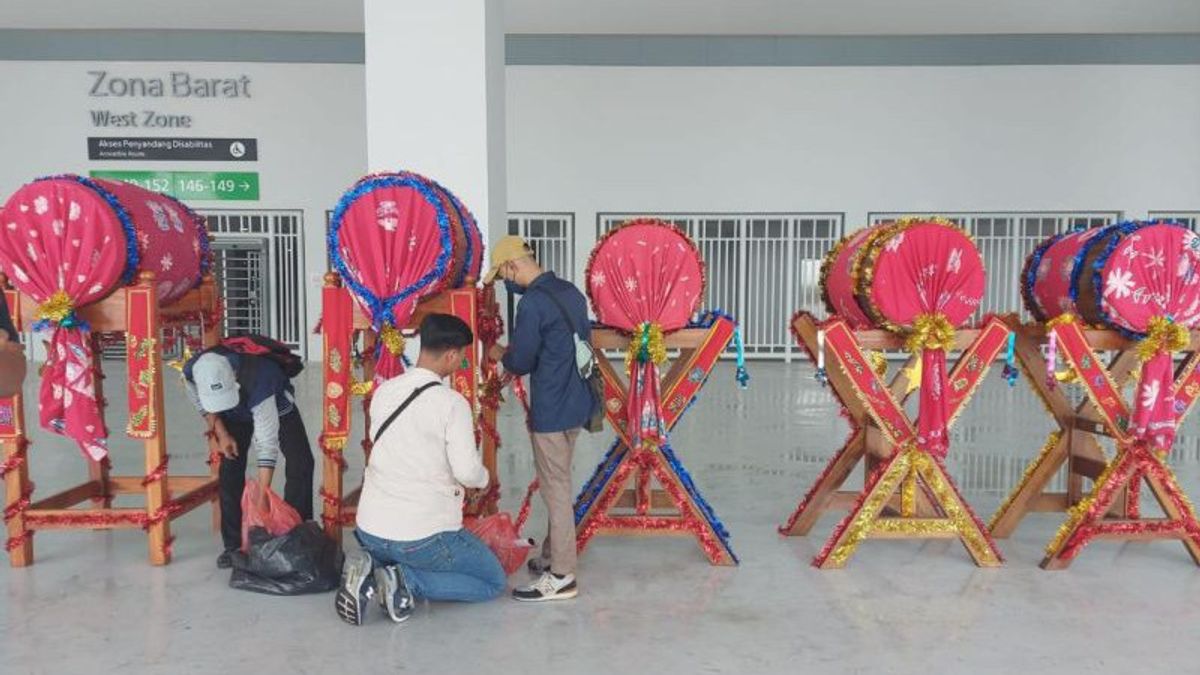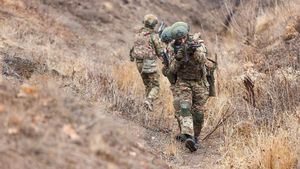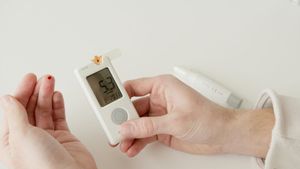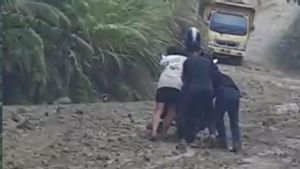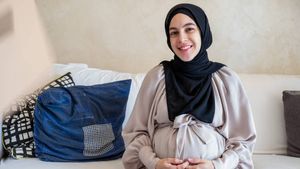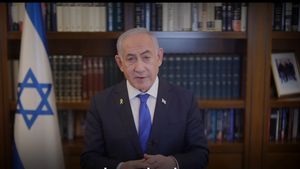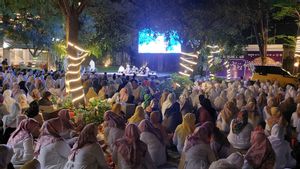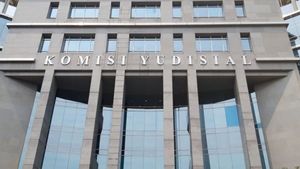JAKARTA - The capital city of Jakarta will certainly welcome this Eid with great fanfare. Head of the DKI Jakarta Provincial Culture Service Iwan Henry Wardhana said as many as 30 drums were imported from five corners of the Jakarta Administrative City and one Thousand Islands Regency.
These drums will enliven the takbiran night at the Jakarta International Stadium (JIS), Tanjung Priok, North Jakarta on Sunday night, May 1.
The arrival of the drum to be beaten at the rampak beduk attraction performance to celebrate the takbiran night welcoming 1 Syawal 1443 Hijriah with the guest stars Indah Nevertari, Opick, and Pasha Ungu to fill the event.
"We present the best Rampak Beduk who will represent the regions of each city and district to collaborate in singing echoes of takbir with the guest stars during the percussion drum festival performance tonight," said Iwan in Jakarta, Sunday, May 1.
As for the location of the drum drum, it will be centered in the West Ramp area, Jakarta International Stadium from 19.30 WIB to 22.00 WIB.
Iwan also explained that Rampak Beduk is the art of beating a large drum simultaneously so as to produce a rhythm that is harmonious and pleasing to the ear.
The special group of drum musicians presented will be introduced disciplinedly by Betawi artist, Atien Kisam, to display the harmony of rhythms on 30 drums.
"This Rampak Beduk will collaborate to form a unit that is well packaged during the takbiran night drum festival. Hopefully, apart from participating in celebrating Eid in Jakarta, this activity can foster a spirit of brotherhood and unity on Victory Day," said Iwan.
Betawi culturalist, Ridwan Saidi, in his review of the history of the beduk said that before the loudspeaker, the beduk had been used since the existence of the surau or langgar, and was beaten as a marker of prayer times before the call to prayer was sounded.
Meanwhile, its existence is estimated to have existed since ten AD (XM), referring to the Masa'il al Book written by Layt Abu Nasr on the teaching of prayer, and died in 983 AD in Jakarta.
Besides being used as a marker of prayer times, the beating of the drum is also used at the time of Eid, to mark the news of death.
The English, Chinese, Japanese, Arabic, and French versions are automatically generated by the AI. So there may still be inaccuracies in translating, please always see Indonesian as our main language. (system supported by DigitalSiber.id)
